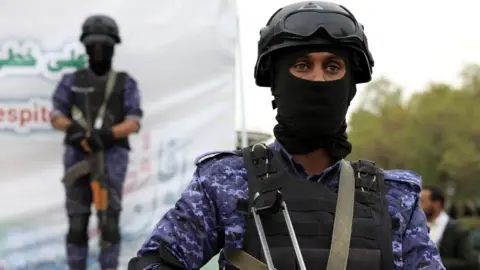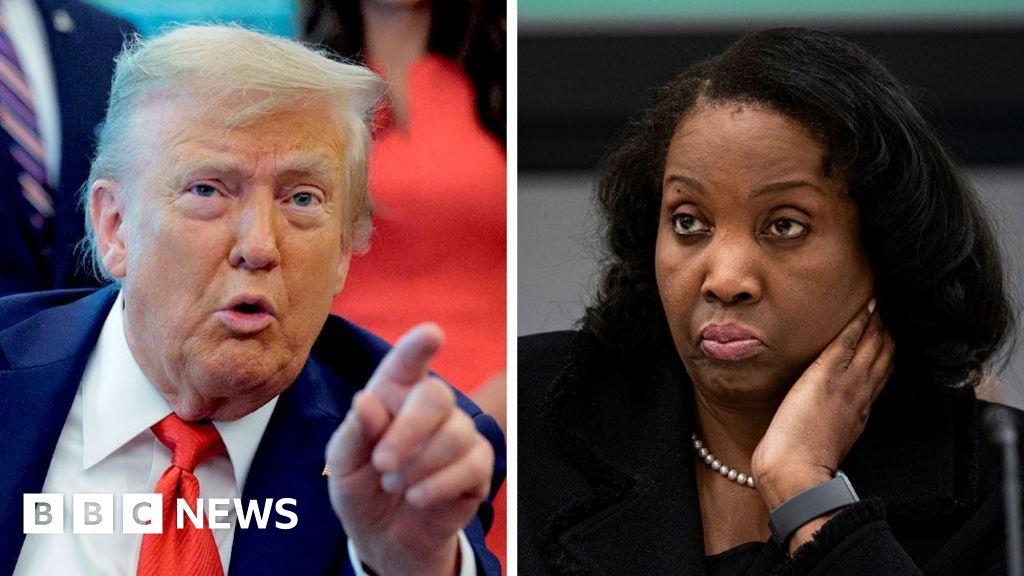The UK government has unveiled substantial cuts to foreign aid, with children's education and women’s health in Africa experiencing the most significant reductions. The announcement follows February's decision to reduce foreign aid expenditures by 40%, decreasing the budget from 0.5% to 0.3% of gross national income. This move reportedly aims to redirect funds toward increasing defense spending, supposedly at the behest of US pressure.
A Foreign Office assessment highlights that the most considerable declines will impact Africa, affecting critical areas like women’s health and water sanitation, thereby escalating potential disease and mortality rates. Aid organizations have vocally condemned the cuts, arguing that they will disproportionately affect vulnerable populations already facing hardships.
Despite these cuts, the government has pledged to maintain its contributions to multilateral aid organizations, such as the World Bank and Gavi vaccine alliance, citing a desire to uphold humanitarian support. Baroness Chapman, the Minister for Development, stated that this strategic review of aid spending centers on effectiveness and prioritization, insisting every pound must serve dual purposes: benefiting UK taxpayers while aiding those in need.
Bilateral support—direct aid to recipient countries—from the UK will see further reductions, with uncooperative multilateral bodies facing future funding declines. Specific nations impacted by these changes have yet to be disclosed.
Criticism from various leaders ensued, including Sarah Champion, chair of the International Development Committee, pointing out the adverse effects these cuts will have on the most vulnerable people worldwide. Monica Harding, spokesperson for the Liberal Democrats on international development, expressed that the current aid spending level is the lowest since this century commenced, anticipating even harsher cuts next year.
Critics like Bond, a network for international development organizations, voiced concerns that reducing funding for education and gender initiatives will have dire consequences for marginalized communities, particularly women and children in conflict zones. UNICEF also flagged the potential “devastating impact” on children and women, emphasizing the need for a strategy prioritizing children within aid frameworks.
British charity Street Child, focusing on educational initiatives in countries like Sierra Leone and South Sudan, warned that the cuts would terminate significant educational programs, leading to bleak futures for countless children. CEO Tom Dannatt described reduced support as a lamentable retreat, forecasting a troubling cycle of children forced out of school and into unskilled labor.
International aid spending has faced scrutiny over recent years, with some cabinet ministers recognizing declining public support for overseas assistance. While some organizations will still receive funding, such as the World Bank’s International Development Association, many question whether adequate help will reach those in dire need.
Historically, UK administration commitment to international aid was solidified under Labour leaders Blair and Brown, achieving a 0.7% national income target in 2013, which was then established in law in 2015. However, the recent economic impacts of the COVID-19 pandemic prompted a downturn to 0.5% in 2021.

















